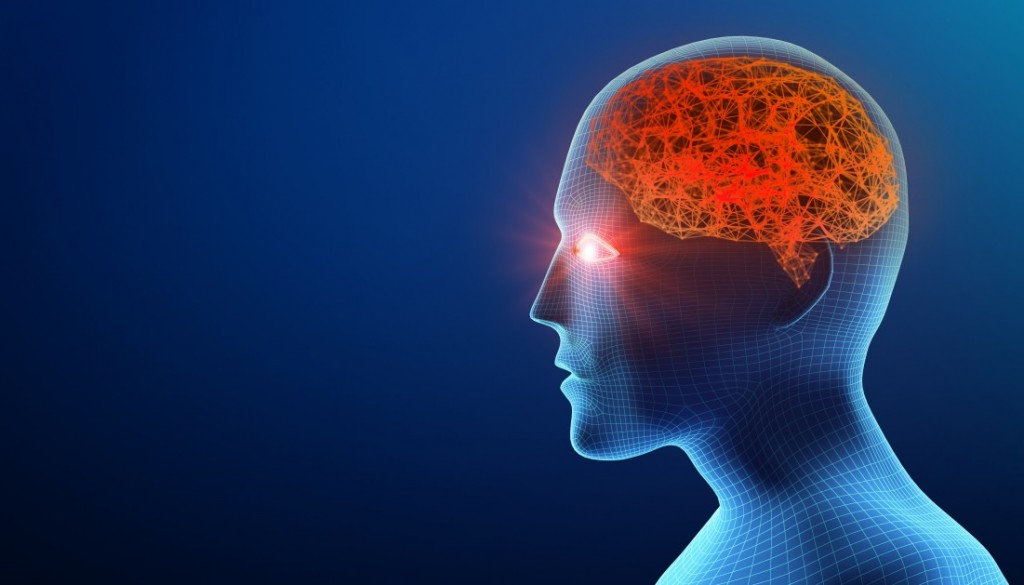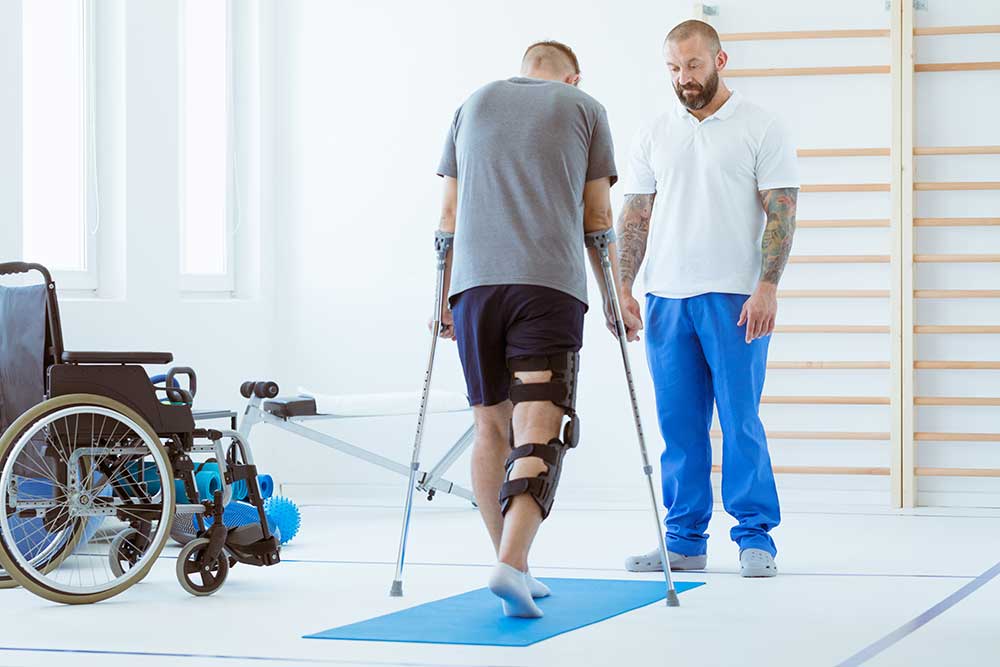The effects of severe brain injury can be long lasting or even permanent. While recovery and rehabilitation are possible, most people with brain injury face life challenges that will require them to adapt and adjust to a new reality.
Brain injury can cause permanent physical or mental disability. Because polytrauma is common with moderate to severe brain injury many patients face additional disabilities as a result of other injuries.
Even patients who appear to recover fully may have some long-term symptoms that never go away.
Challenges with work and completing tasks that were once routine can be much more difficult than before the injury. Some patients find that the skills and abilities that they used before the injury to meet these challenges are not as sharp as they once were.

These ongoing challenges can also affect the patient’s personal life. People who have experienced brain injuries may take longer to do cognitive or “thinking” tasks associated with memory, such as coming up with the correct change in the checkout line at the grocery store or placing an order at a restaurant.
Family relationships will almost certainly change, and in some cases the patient will be totally dependent on their caregivers.
Despite the advances in early diagnosis and treatment of moderate to severe TBI, the fact remains that traumatic brain injury will be a life-changing experience for many patients. Helping the patient, family members, and caregivers to cope with these long-term consequences is an important part of brain injury rehabilitation.
Motor Deficits and Disabilities
For many patients, the damage to the brain resulting from a moderate to severe brain injury may lead to life-long disabilities or motor deficits. The term disability in relationship to brain injury means a loss of physical or mental function caused by damage to the brain. Motor deficits refer specifically to the effect of damage on motor skills or movement.

Examples of disabilities and motor deficits caused by moderate to severe brain injury include:
- Paralysis
- Spasticity (muscle stiffness) or uncontrolled movements
- Problems walking, talking, or swallowing
- Difficulty carrying or moving objects
- Vision problems
- Loss of fine motor skills, such as buttoning a shirt
- Inability to recognize something based on touch
- Difficulty thinking and remembering
- Difficulty with social relationships
Other challenges that a patient with moderate or severe brain injury may experience include:
- Difficulty making and keeping personal and professional relationships
- Difficulty being part of social activities
- Difficulty taking part in recreational or leisure activities
- The decreased ability or inability to keep a job or go to school
During the rehabilitation and transition phases of brain injury treatment, members of the healthcare team will provide information to the patient and their family members about dealing with these issues. Specific tools and coping strategies will be suggested. Examples of coping strategies and tools include:
- Writing a detailed list of steps needed to complete a task
- Using prompts or visual aids to help remember things
- Using assistive devices to move around, such as a walker or a wheelchair
Learning new ways to do things is a very important part of recovery.
Other Potential Effects
The long-term symptoms of brain injury can be divided into several categories, including physical changes, cognitive effects, sensory effects, perceptual effects, social-emotional changes, and others. You’ll find a partial list of these symptoms and possible effects below. Keep in mind that the severity and duration of symptoms and effects will vary greatly from one patient to another, depending on the severity of the brain injury.
Physical effects

- Sleep disorders
- Loss of stamina (easily fatigued)
- Appetite changes
- Difficulty swallowing
- Physical paralysis or spasticity
- Chronic pain
- Loss of control of bowel and bladder functions
- Seizures
- Difficulty regulating body temperature
- Hormonal changes
Cognitive effects

- Difficulty with attention, focus, or concentration
- Distractibility
- Memory problems
- Slow speed of processing
- Confusion
- Perseveration, which is the abnormal persistent repetition of a word, gesture, or act
- Impulsiveness
- Difficulty with language processing
- Problems with executive functions, which include planning, cognitive flexibility, abstract thinking, rule acquisition (determining right from wrong), initiating appropriate actions, and inhibiting inappropriate actions
Speech and language effects

- Aphasia (difficulty with talking or expressing ideas, understanding everyday language, and problems with reading and writing). Types of aphasia can include:
- Receptive aphasia, which involves difficulty understanding the spoken word, or
- Expressive aphasia, which means the patient knows what they wish to say but is unable to get the words out. In some cases, the patient is able to perceive and comprehend both spoken and written language, but is unable to repeat what they see or hear.
- Slurred speech, speaking very fast or very slow and problems with reading comprehension
Sensory and perceptual effects

- Difficulty recognizing and distinguishing between touch and pressure sensations
- Difficulty perceiving temperature
- Difficulty perceiving movement and positions of the arms and legs
- Difficulty with fine discrimination (for example, distinguishing between small everyday objects, like coins)
- Difficulty integrating and understanding information gained through the five senses (sight, smell, touch, hearing, and taste)
Effects on vision

- Partial or total loss of vision
- Diplopia, which is weakness of eye muscles that causes double vision
- Blurred vision
- Problems judging distance
- Involuntary eye movements, called nystagmus
- Photophobia, which is intolerance of light
Effects on hearing

- Decrease or loss of hearing
- Tinnitus, which is ringing in the ears
- Increased sensitivity or intolerance to sounds
Effects on smell and taste

- Anosmia, which is loss of or diminished sense of smell
- Loss of or diminished sense of taste
- Bad taste in the mouth
Social-emotional or behavioral effects

- Dependent behaviors
- Fluctuating emotions
- Lack of motivation
- Irritability
- Aggression
- Depression
- Lack of inhibition
- Denial or lack of awareness
Shared from the Brainline website





Customer Reviews
Thanks for submitting your comment!